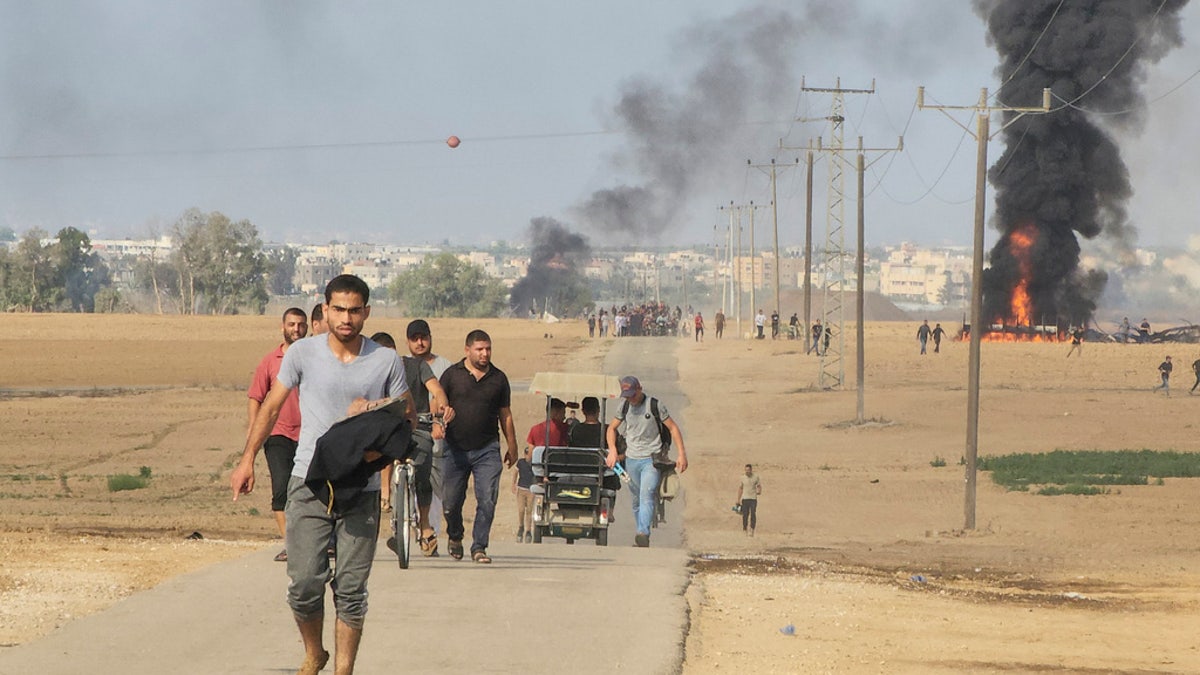Ukraine’s Prosecutor General: Russia used Iskander missile with cluster munitions in April 29 Odesa attack
Russian forces used an Iskander ballistic missile with a cluster warhead in the Odesa attack on 29 April, killing 5 civilians and injuring over 30, including children and a pregnant woman, as per Ukraine's Prosecutor General.
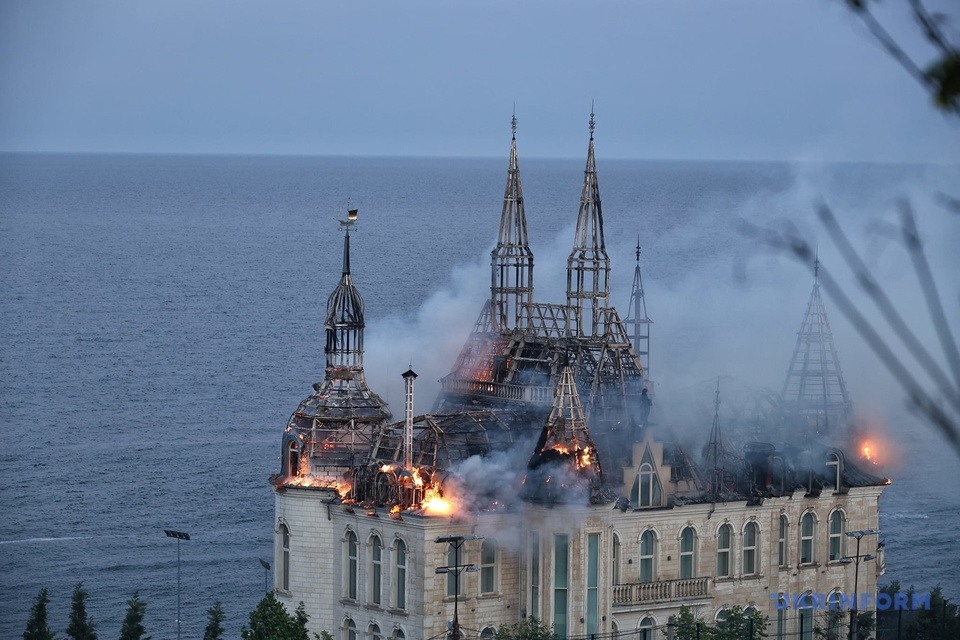

In his report on Telegram, Ukraine’s Prosecutor General Andrii Kostin noted that “Russia cynically disregards all norms of international humanitarian law,” yesterday’s attack on Odesa killed five civilians and injured more than 30, including two children and a pregnant woman.
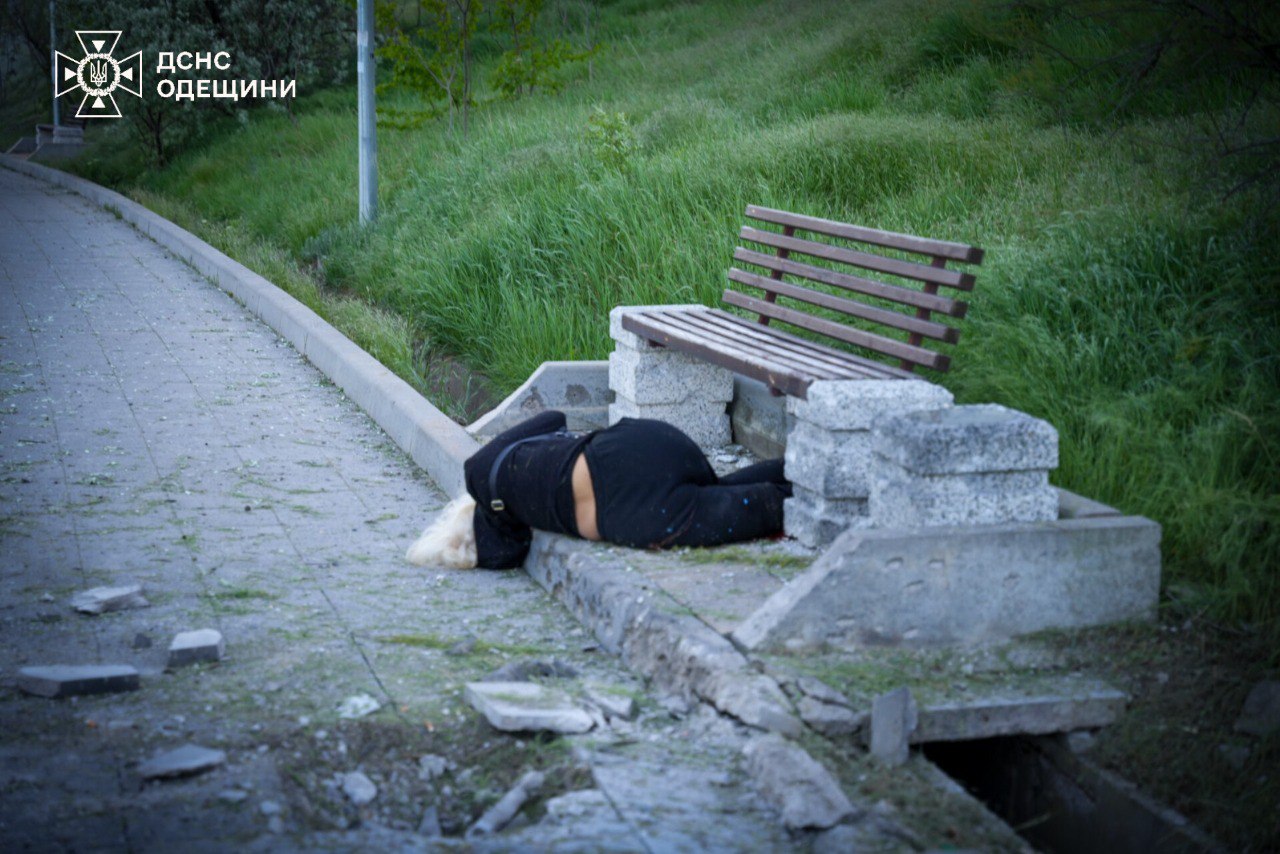

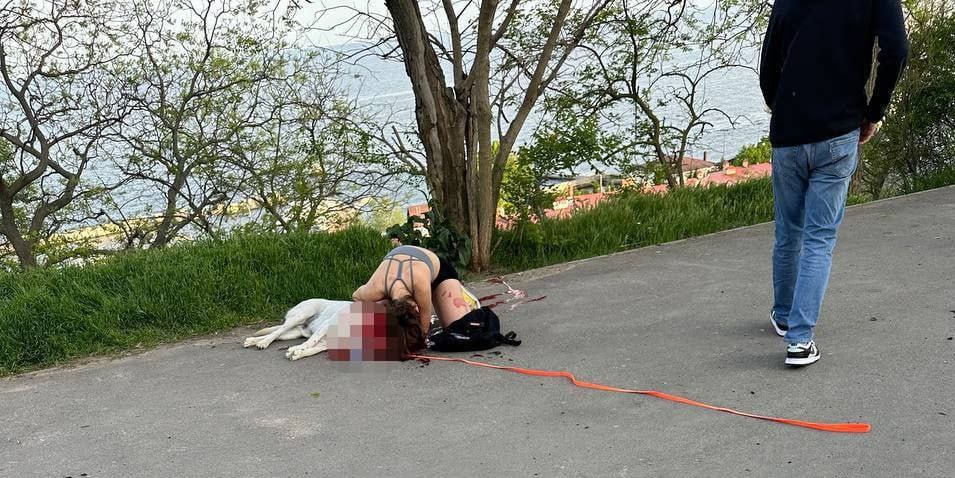
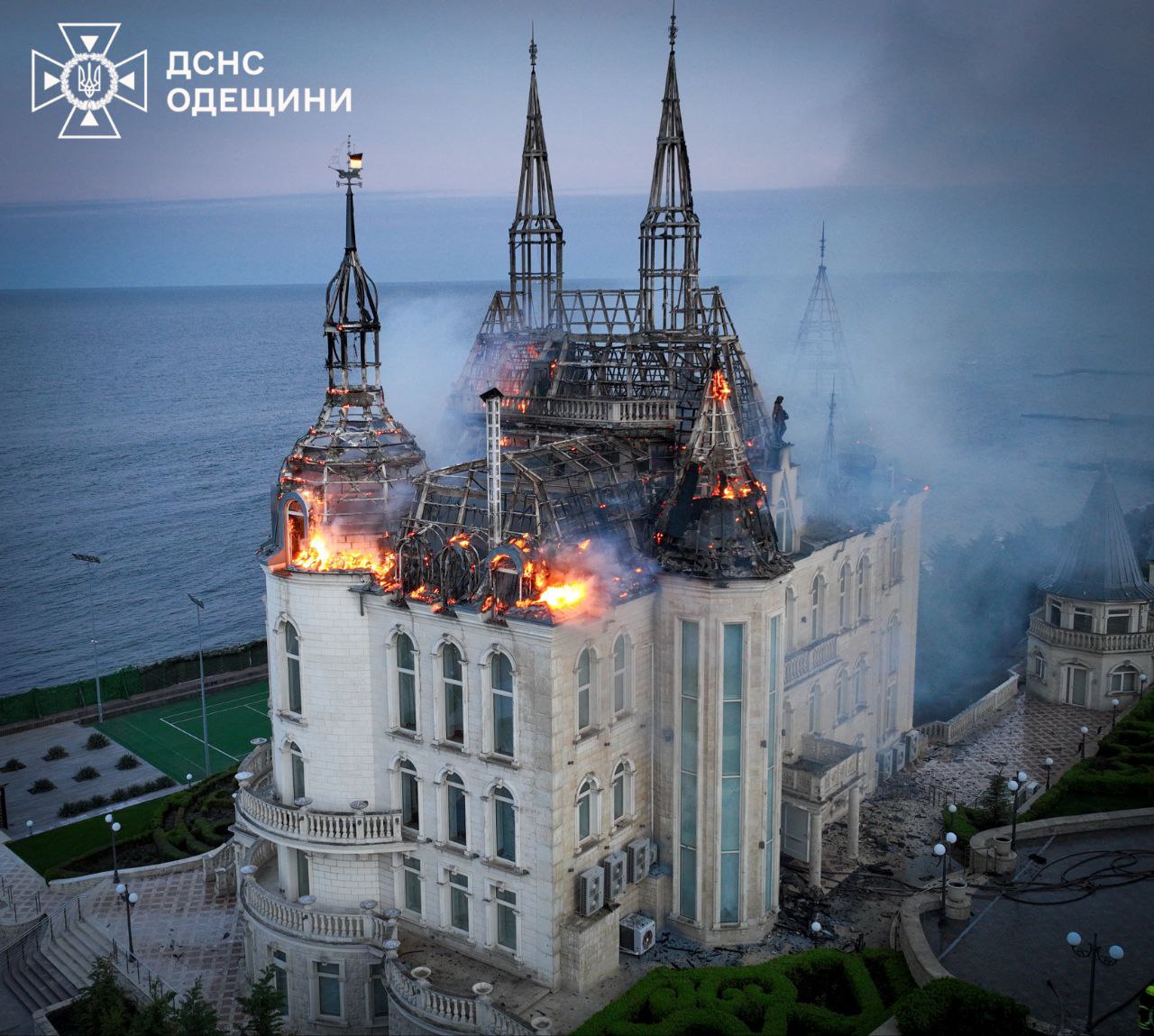
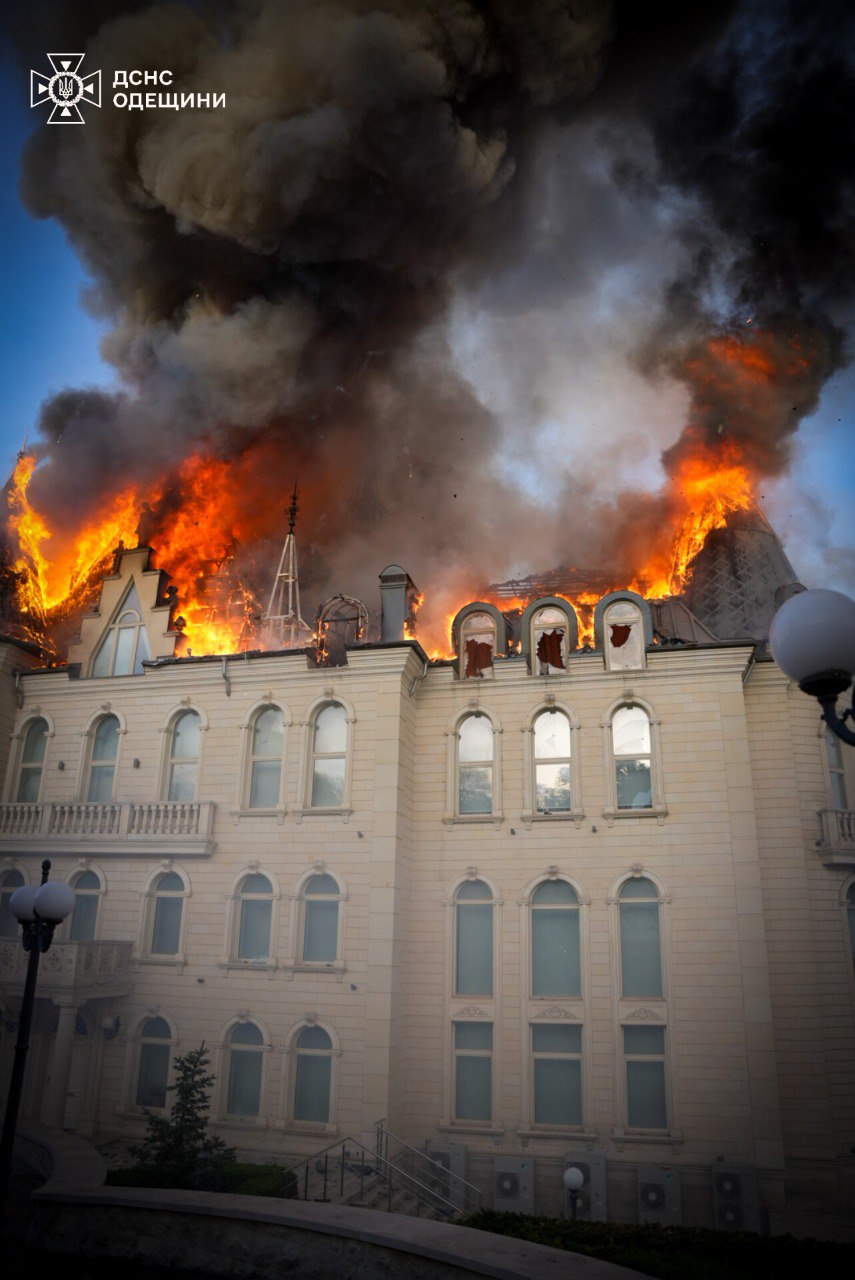
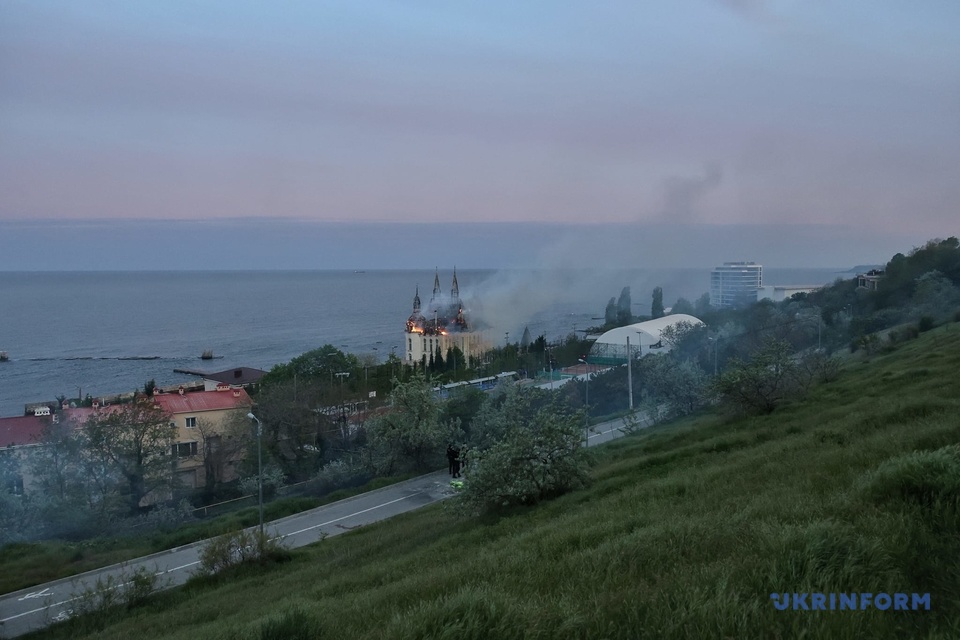
- Russian strike on Odesa with shrapnel missile aimed at civilian targets
- Ukraine’s security service detains Ukrainian man for guiding Russian missiles at Odesa
- Russian missile attack on Kharkiv, Odesa injured 7 people
- Russia targets Ukrainian port, destroying grain storage and goods for Asia and Africa
You could close this page. Or you could join our community and help us produce more materials like this.
We keep our reporting open and accessible to everyone because we believe in the power of free information. This is why our small, cost-effective team depends on the support of readers like you to bring deliver timely news, quality analysis, and on-the-ground reports about Russia's war against Ukraine and Ukraine's struggle to build a democratic society.
A little bit goes a long way: for as little as the cost of one cup of coffee a month, you can help build bridges between Ukraine and the rest of the world, plus become a co-creator and vote for topics we should cover next. Become a patron or see other ways to support.
Become a Patron!



